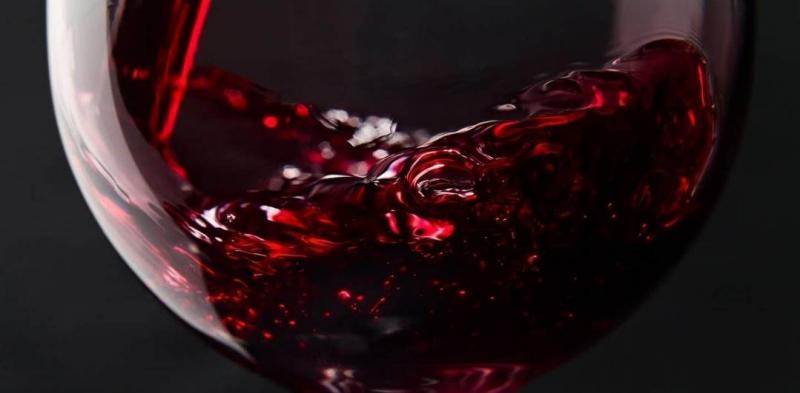Have you ever poured yourself a glass of red wine and thought to yourself, "This is good for my heart, right?" In reality, this widely held impression stems from a slogan coined and circulated in the late 1980s, known as the "French Paradox."
The "French Paradox" refers to the idea that drinking wine may explain the relatively low rates of heart disease among the French, despite their love of cheese and other high-fat foods. This slogan helped stimulate the discovery of a group of beneficial plant compounds known as polyphenols, which are abundantly found in the skins of red and purple grapes, as well as many other fruits, vegetables, and nuts. These compounds are believed to give wine its heart-protective properties. Another argument is based on the fact that the Mediterranean diet, which has been shown to protect against heart attacks and strokes, includes red wine.
However, the evidence that drinking red wine specifically, or alcohol in general, can help you avoid heart disease is very weak, according to Dr. Kenneth Mukamal, an internist at Beth Israel Deaconess Medical Center, affiliated with Harvard University. Moreover, all research indicating that people who drink moderate amounts of alcohol have lower rates of heart disease are observational; such studies cannot prove causation but only illustrate a correlation. It is worth noting that moderate alcohol consumption, defined as one drink per day for healthy women and two drinks for healthy men, is widely considered safe. However, to date, the health effects of alcohol have not been tested in a long-term randomized trial.
### Expectations from Grapes
Although some studies suggest that wine is a healthier drink for the heart compared to beer or hard liquors like vodka, others do not support this. According to a review article on wine and cardiovascular health published on October 10, 2017, in the journal Circulation, Dr. Mukamal states that this is not surprising. He explained that "in many cases, it is difficult to draw the effect of drinking patterns from specific types of alcoholic beverages. For example, people who drink wine are more likely to do so as part of a healthy pattern, such as sipping one or two glasses of red wine with a delicious meal. These habits may explain their heart health, unlike those who consume alcohol excessively."
Furthermore, the French Paradox may not be as contradictory as it seems, with many experts now believing that factors other than wine may account for this phenomenon, such as lifestyle, dietary differences, and the underreporting of heart disease deaths by French doctors. Additionally, Dr. Mukamal noted that rates of heart disease in Japan are lower than those in France, despite the fact that Japanese people consume a lot of beer and hard liquors and rarely drink red wine.




